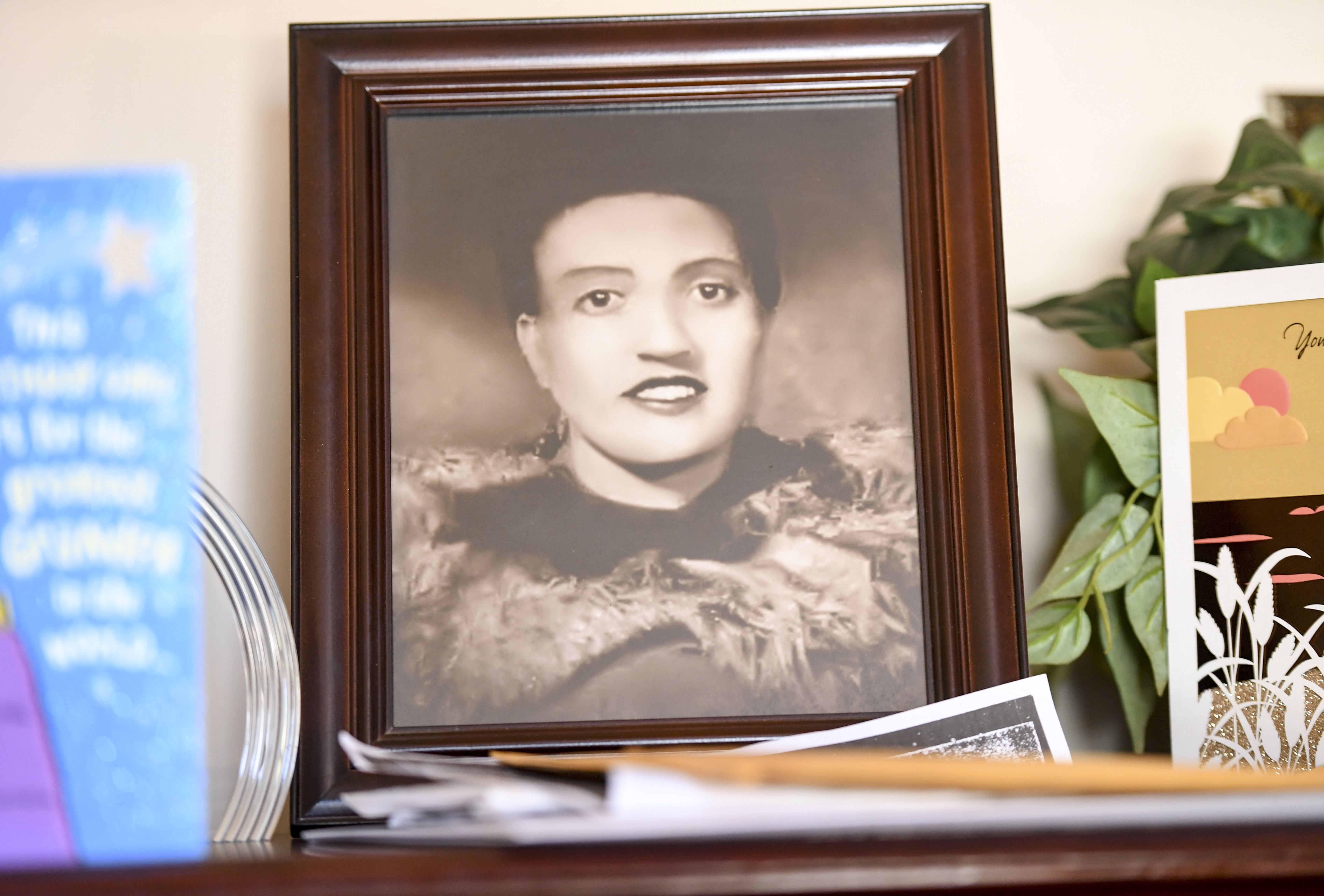More than 70 years after doctors at Johns Hopkins Hospital took Henrietta Lacks’ cervical cells without her knowledge, a lawyer for her descendants said they have reached a settlement with a biotechnology company they sued in 2021, accusing its leaders of reaping billions of dollars from a racist medical system.
Tissue taken from the Black woman’s tumor before she died of cervical cancer became the first human cells to be successfully cloned. Reproduced infinitely ever since, HeLa cells have become a cornerstone of modern medicine, enabling countless scientific and medical innovations, including the development of the polio vaccine, genetic mapping and even COVID-19 vaccines.
Despite that incalculable impact, the Lacks family had never been compensated.
Get Connecticut local news, weather forecasts and entertainment stories to your inbox. Sign up for NBC Connecticut newsletters.
Doctors harvested Lacks’ cells in 1951, long before the advent of consent procedures used in medicine and scientific research today, but lawyers for her family argued that Thermo Fisher Scientific Inc., of Waltham, Massachusetts, has continued to commercialize the results well after the origins of the HeLa cell line became well known.
The settlement agreement came after closed-door negotiations that lasted all day Monday inside the federal courthouse in Baltimore. Several members of the Lacks family were in on the talks.
Attorney Ben Crump, who represents the Lacks family, announced the settlement late Monday. He said the terms of the agreement are confidential.
“The parties are pleased that they were able to find a way to resolve this matter outside of Court and will have no further comment about the settlement,” Crump said in a statement.
HeLa cells were discovered to have unique properties. While most cell samples died shortly after being removed from the body, her cells survived and thrived in laboratories. This exceptional quality made it possible to cultivate her cells indefinitely — they became known as the first immortalized human cell line — making it possible for scientists anywhere to reproduce studies using identical cells.
The remarkable science involved — and the impact on the Lacks family, some of whom suffered from chronic illnesses without health insurance — were documented in a bestselling book by Rebecca Skloot, “The Immortal Life of Henrietta Lacks,” and Oprah Winfrey portrayed her daughter in an HBO movie about the story.
Lacks was 31 when she died and was buried in an unmarked grave. A poor tobacco farmer from southern Virginia, she was raising five children when doctors discovered a tumor in her cervix and saved a sample of her cancer cells collected during a biopsy.
More on Henrietta Lacks
Johns Hopkins said it never sold or profited from the cell lines, but many companies have patented ways of using them.
In their complaint, Lacks’ grandchildren and other descendants argued that her treatment illustrates a much larger issue that persists into the present day: racism inside the American medical system.
“The exploitation of Henrietta Lacks represents the unfortunately common struggle experienced by Black people throughout history,” the complaint reads. “Too often, the history of medical experimentation in the United States has been the history of medical racism.”
Thermo Fisher argued the case should be dismissed because it was filed after the statute of limitations expired, but attorneys for the family said that shouldn’t apply because the company is continuously benefitting from the cells.
In a statement posted to their website, Johns Hopkins Medicine officials said they reviewed all interactions with Lacks and her family after the 2010 publication of Skloot’s book. While acknowledging an ethical responsibility, it said the medical system “has never sold or profited from the discovery or distribution of HeLa cells and does not own the rights to the HeLa cell line,” while also acknowledging an ethical responsibility.
Crump, a civil rights attorney, has become well known for representing victims of police violence and calling for racial justice, especially in the aftermath of George Floyd’s murder. The Lacks family joined him Tuesday morning near Baltimore’s waterfront to announce the settlement and pay tribute to Lacks on what would have been her 103rd birthday. The group brought balloons and a cake to celebrate.
“There couldn’t have been a more fitting day for her to have justice, for her family to have relief,” her grandson Alfred Lacks Carter Jr. said. “It was a long fight — over 70 years — and Henrietta Lacks gets her day.”
Last week, U.S. senators Chris Van Hollen and Ben Cardin, both Maryland Democrats, introduced a bill to posthumously award Lacks the Congressional Gold Medal.
“Henrietta Lacks changed the course of modern medicine,” Van Hollen said in a statement announcing the bill. “It is long past time that we recognize her life-saving contributions to the world.”



